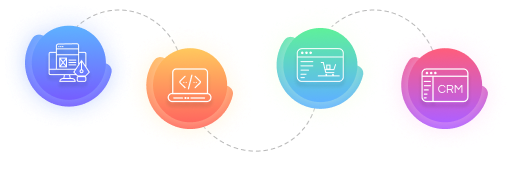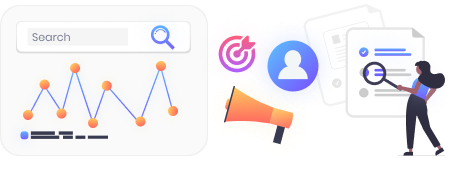
A Complete Insight on Google’s Fresh Penguin Updates During the Holiday Season
It was a surprise for internet marketing experts and webmasters when they came to know about Google’s fresh Penguin Updates during the holidays (Thanksgiving and Black Friday Weekend). This move by the search giant Google was really an eye-popping incident because, after the Florida update in November 2003, Google maintained an unstated but loyal promise not to tinker with its ranking algorithms during the holiday season. Because of this update, webmasters and SEO experts unwillingly occupied themselves with understanding the update, even on the busiest shopping weekend of the year.
Originally introduced in April of 2012, the Penguin update by Google is an algorithm that identifies evidence of what Google considers “Webspam,” and remarkably punishes websites if found guilty of spamming or manipulating Google’s SEO guidelines by drastically reducing their visibility in its search results. The sole intention of Google behind the release of the Penguin update was to reduce the amount of spam over the web and offer a relevant and user-friendly search experience to its users.
The year 2014 underwent many search engine optimization updates by Google, but the SEO updates during the holiday season were something unusual. Many times, Google has confirmed that it does not approve updates during the holidays. On confirming the updates during the holiday season, Google replied to Search Engine Land saying that the shifts and changes experienced throughout the industry on Thanksgiving Day were a result of the Penguin 3.0 refresh that first began rolling out six weeks ago. Google also added that what the industry experienced on “Thanksgiving Day” is the ongoing effect of the Penguin rollout.
Many websites affected by Penguin 3.0 saw changes on Thanksgiving Day; however, according to Google, it was just part of the process that was still continuing. For our readers, here is the current Penguin Update schedule:
Penguin Updates
- Penguin 1.0 on April 24, 2012 (impacting ~3.1% of queries)
- Penguin 1.1 on May 26, 2012 (impacting less than 0.1%)
- Penguin 1.2 on October 5, 2012 (impacting ~0.3% of queries)
- Penguin 2.0 on May 22, 2013 (impacting 2.3% of queries)
- Penguin 2.1 on Oct. 4, 2013 (impacting around 1% of queries)
- Penguin 3.0 on October 17, 2014 (impacting around 1% of queries)
- Penguin 3.1 on November 27, 2014 (confirmed by Google, no impact given, Google considers part of Penguin 3.0)
- Penguin 3.2 on December 2, 2014 (not confirmed by Google but based on publisher reports)
- Penguin 3.3 on December 5, 2014 (not confirmed by Google but based on publisher reports)
- Penguin 3.4 on December 6, 2014 (not confirmed by Google but based on publisher reports)
Because of this Penguin 3.0 refresh, site owners are requested to carefully watch their analytics over the next few weeks for any immediate changes. If your website observes a drastic drop in traffic, then the Penguin 3.0 refresh could be to blame.
The impact of Google Penguin updates cannot be understated. These updates have significantly influenced how webmasters and SEO experts approach their strategies. Each Penguin update has aimed to improve the quality of search results, penalizing websites that engage in manipulative SEO tactics. The recent Penguin 3.0 update continues this trend, enforcing stricter guidelines and ensuring a cleaner, more relevant web for users.
Understanding and adapting to Google’s Penguin updates is crucial for maintaining and improving your website’s search engine ranking. By adhering to best practices and avoiding black-hat SEO techniques, webmasters can safeguard their sites against future Penguin updates. Staying informed about these Penguin updates will help businesses and individuals navigate the complexities of SEO and maintain their online visibility.

How to Handle SEO Activities After Penguin 3.0 Update by Google?












